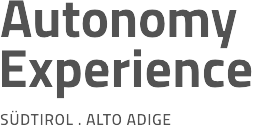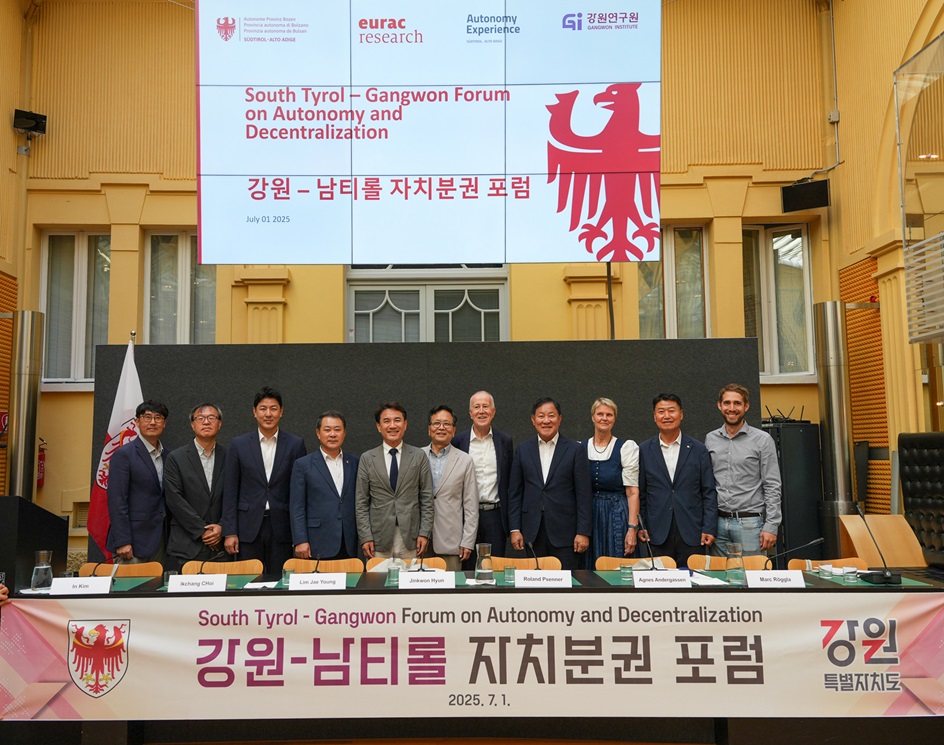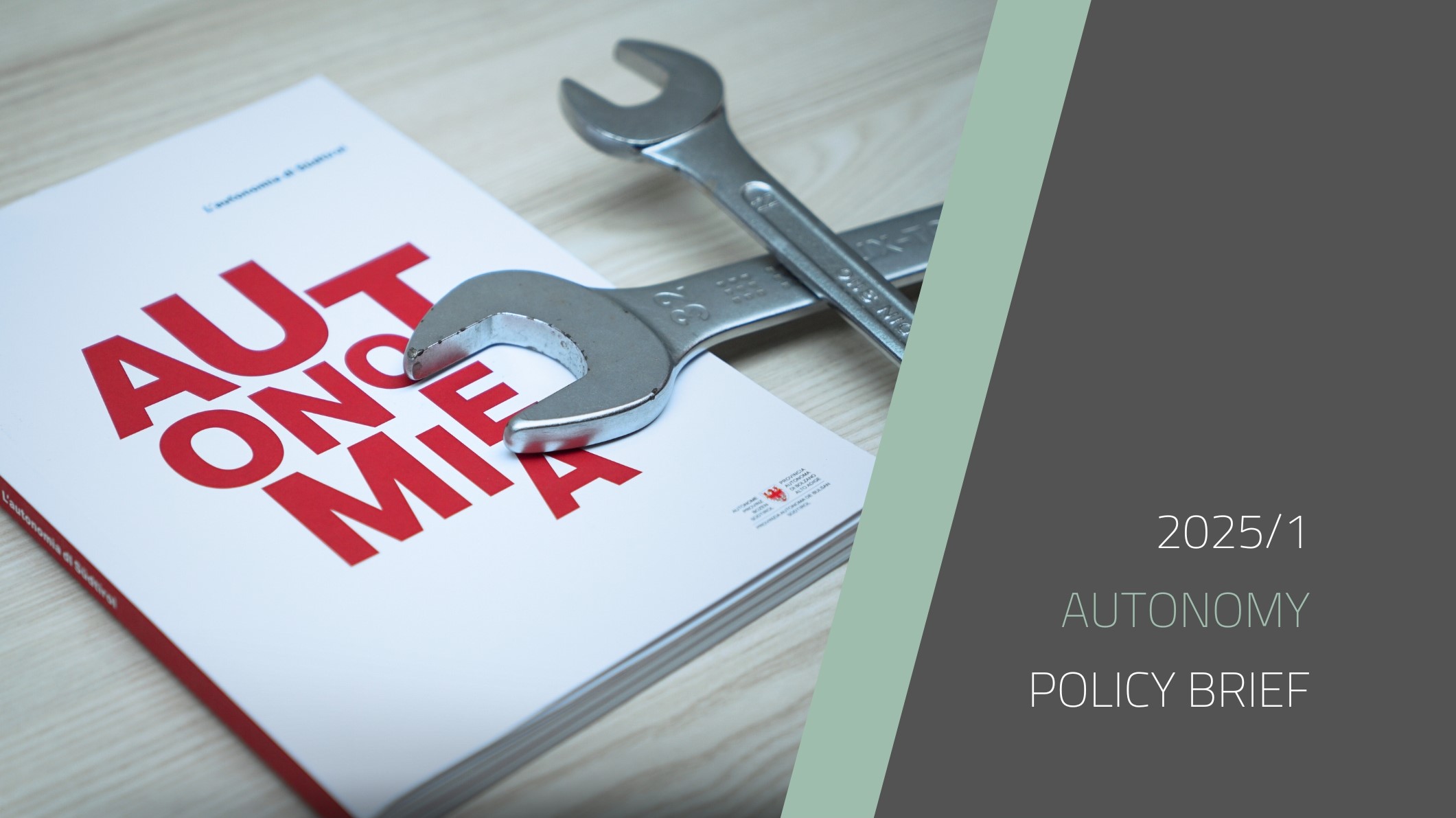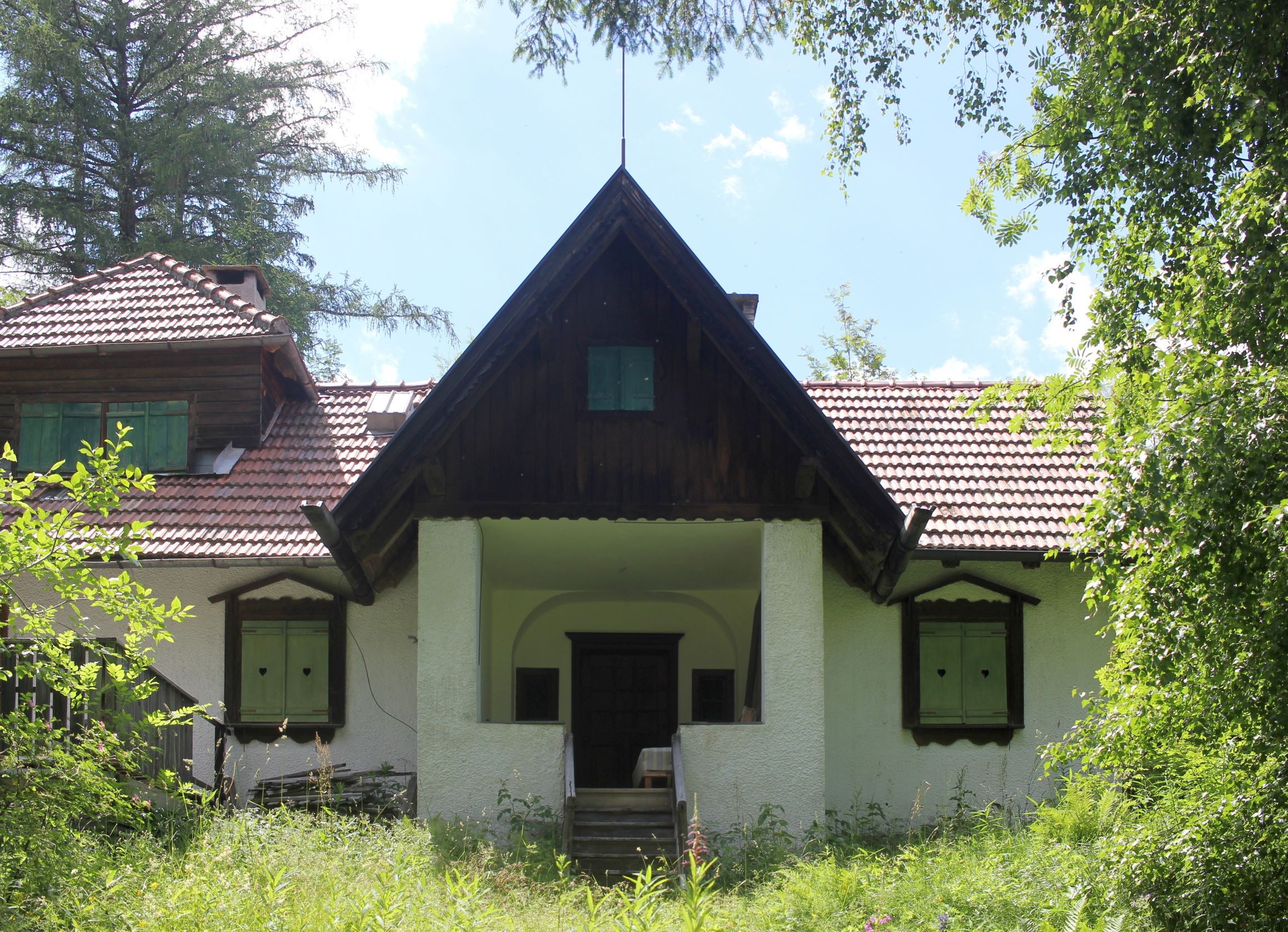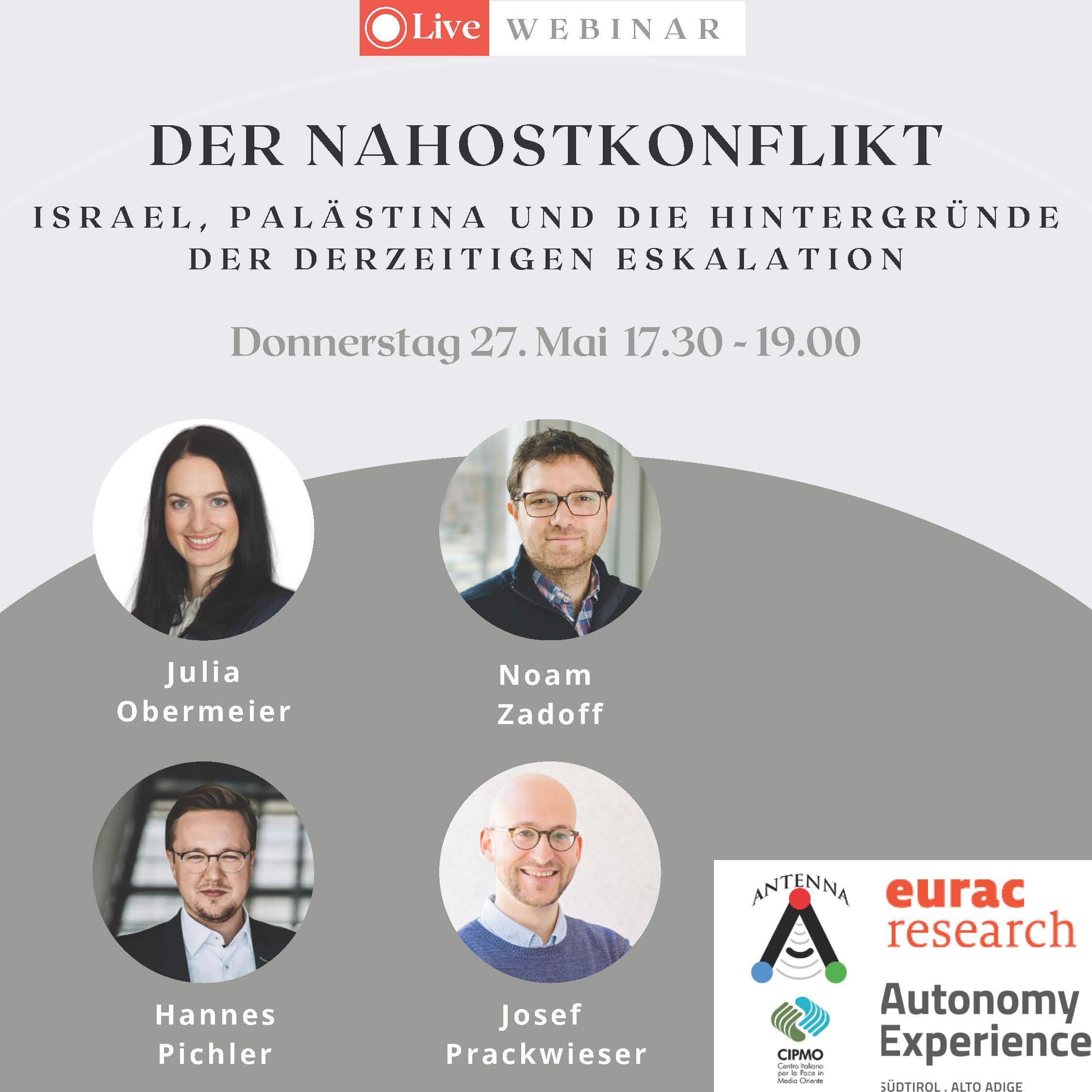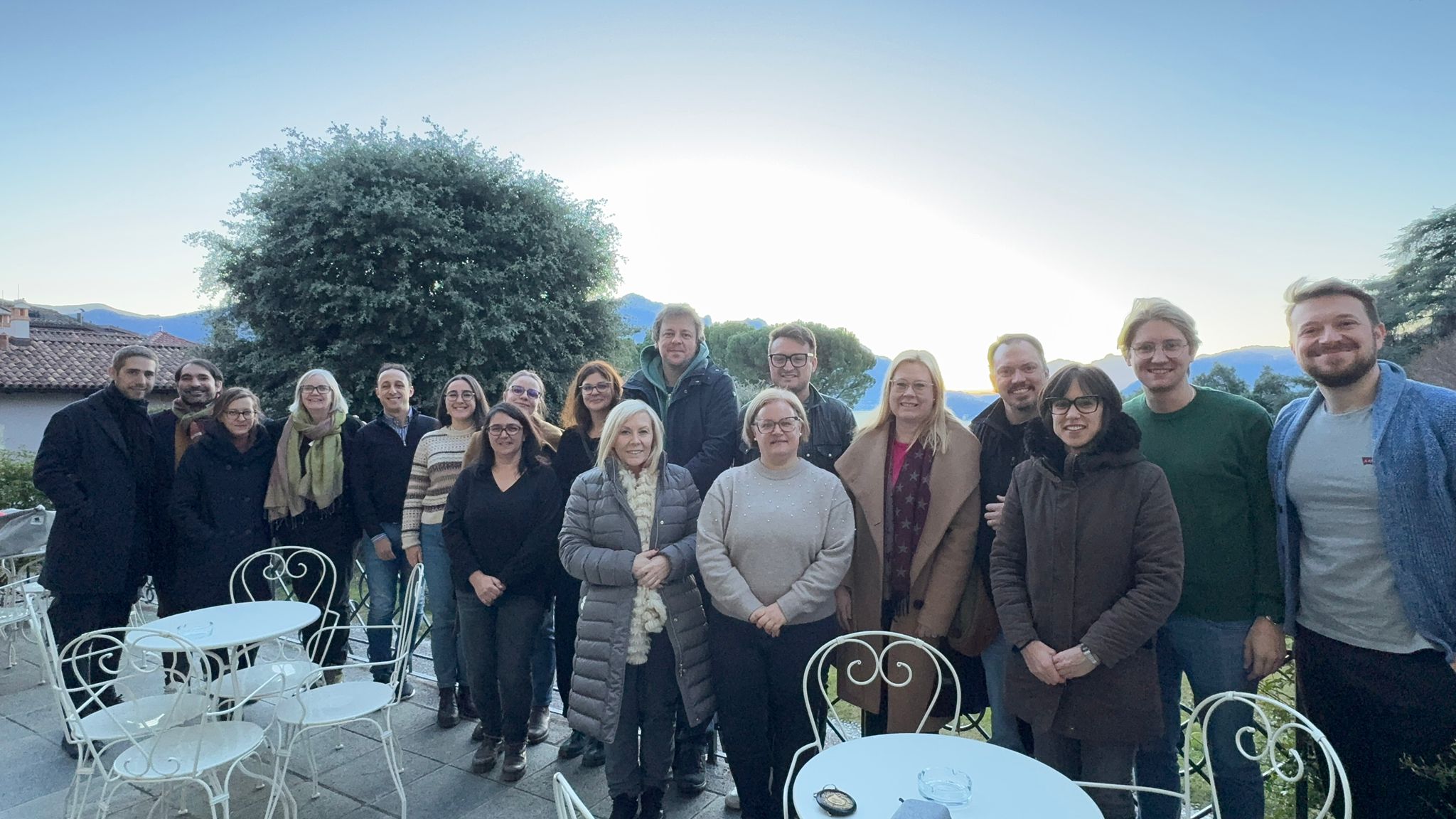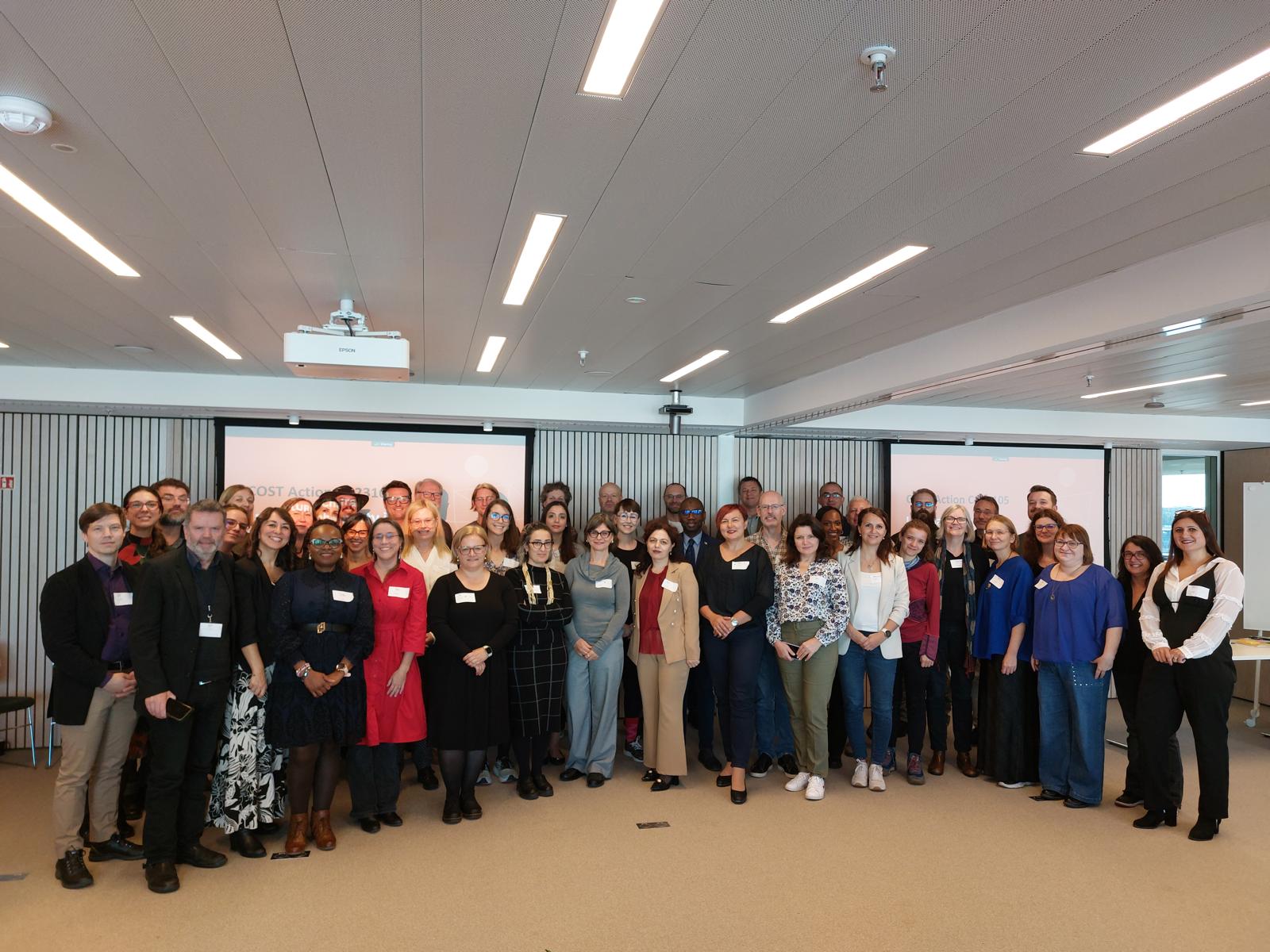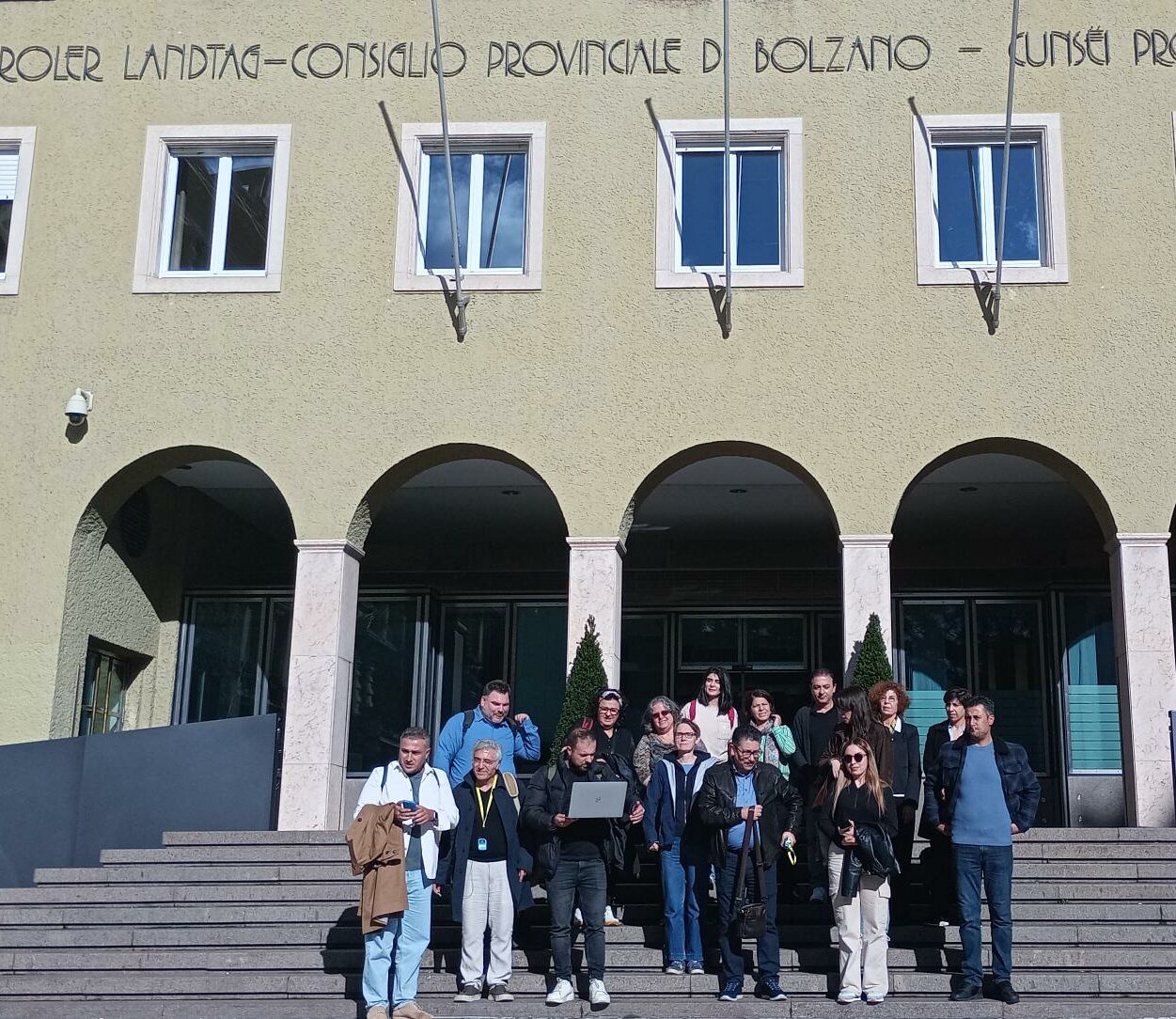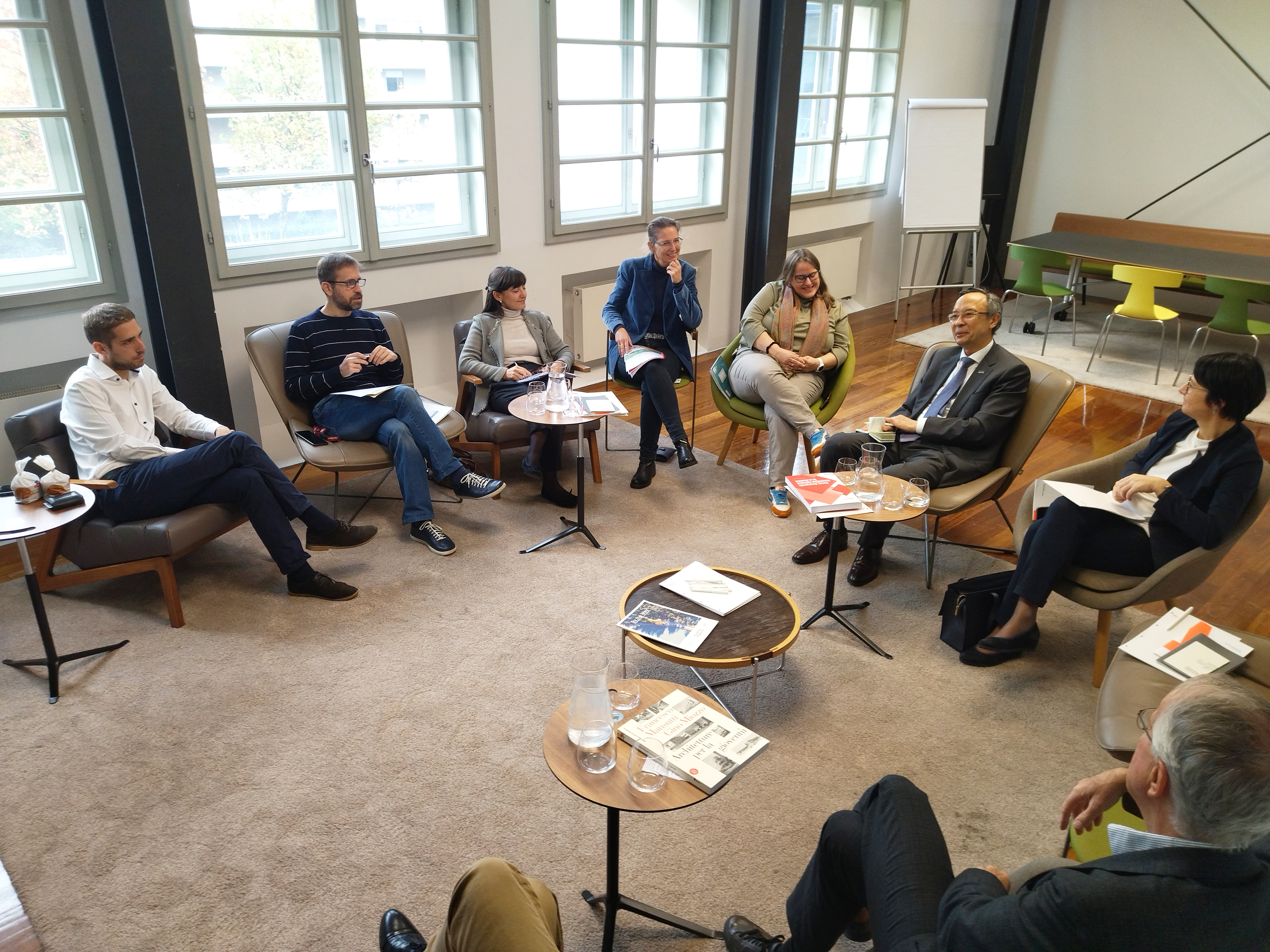Image: Eurac Research/Chiara Mariz
Autonomy

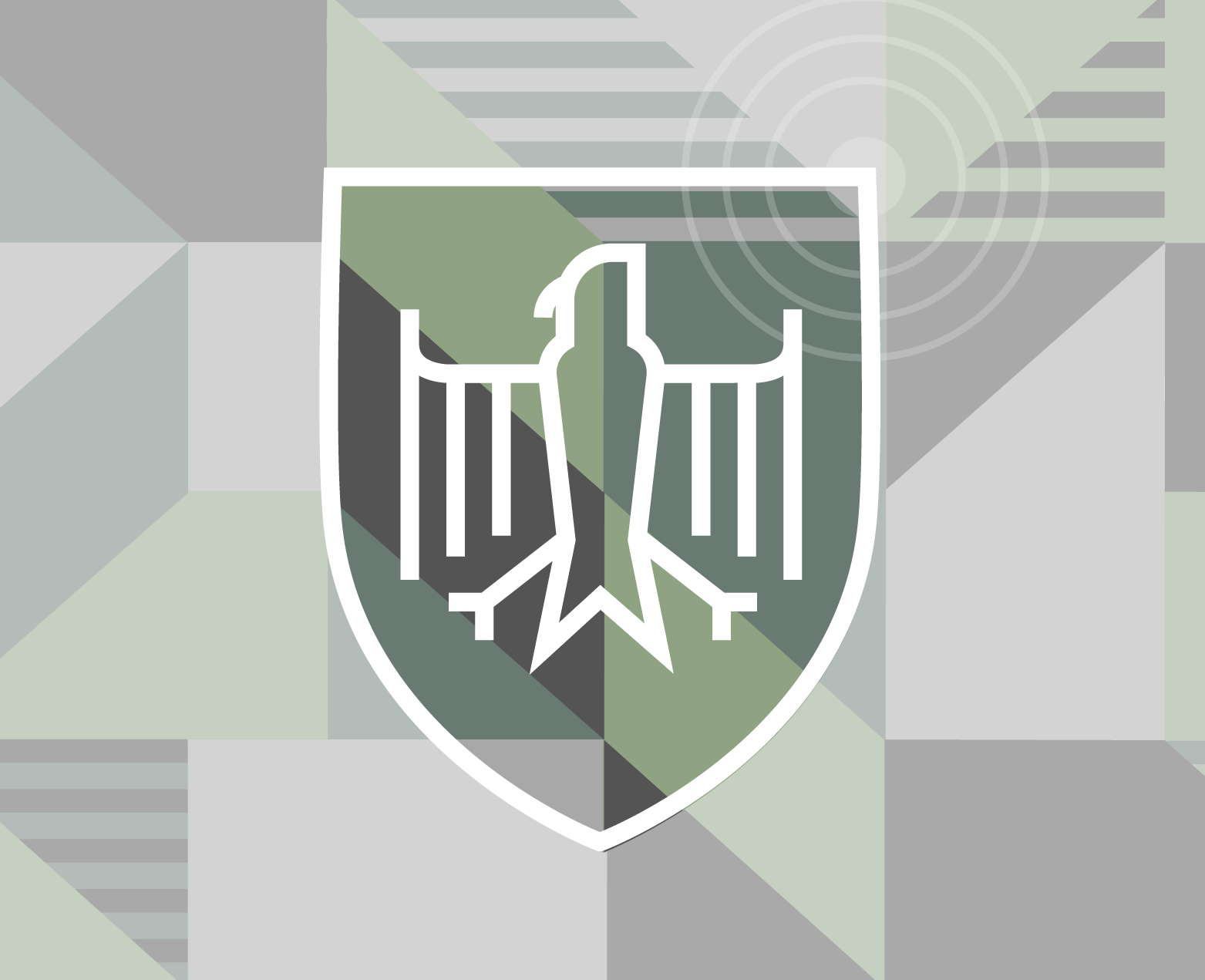
Image: © Eurac Research / Chiara Mariz
Autonomy and its impact on South Tyrol
Eurac Research has been studying the autonomy of South Tyrol for 30 years as well as both investigating and teaching the instruments of the South Tyrolean conflict resolution. Growing interest in the subject has led to South Tyrol’s autonomy being cited locally and internationally as a much-respected example. However, social and academic debates in South Tyrol itself have also become more critical.
By looking at the autonomy from a perspective of legality, social science and the humanities, we aim to gain a comprehensive understanding of autonomy’s history and genesis, functioning and effects. After all, autonomy is a legal framework that shapes its society and at the same time is constantly being renegotiated. In addition, we seek to broaden the understanding of autonomy geographically and disciplinarily. The scientific comparison with other autonomy models and minority regions allows for a better assessment of the adaptability of the South Tyrolean form of self-government and also highlights where its strengths and weaknesses lie.
The Center’s mission to communicate South Tyrol’s autonomy to interested parties is linked to our research interest in science diplomacy: how do non-state actors try to present themselves in terms of knowledge transfer and research in order to strengthen their image? To investigate this, we look at the case of South Tyrol in comparison to other regions.
Due to the philosophical perspective of our research activities, we also deal with the different conceptual understandings of “autonomy”. Until the 19th century, autonomy was not understood as the collective dimension of regional self-government. Rather, personal, individual autonomy was at the center of philosophical questions. Today, our events such as the “Philosophical Conversations on Autonomy” provid a platform for these questions. In keeping with the interdisciplinary orientation of our team, we also explore the concept of autonomy in the context of health, literature and art.
Because of our approach and the diversity of our topics, we collaborate closely with other Eurac Research Institutes and Centers, as well as with other research facilities and institutions based in South Tyrol.
News
Policy Brief – Autonomy reform: The draft constitutional law
Policy Brief: The autonomy of South Tyrol in 2024
Minorities

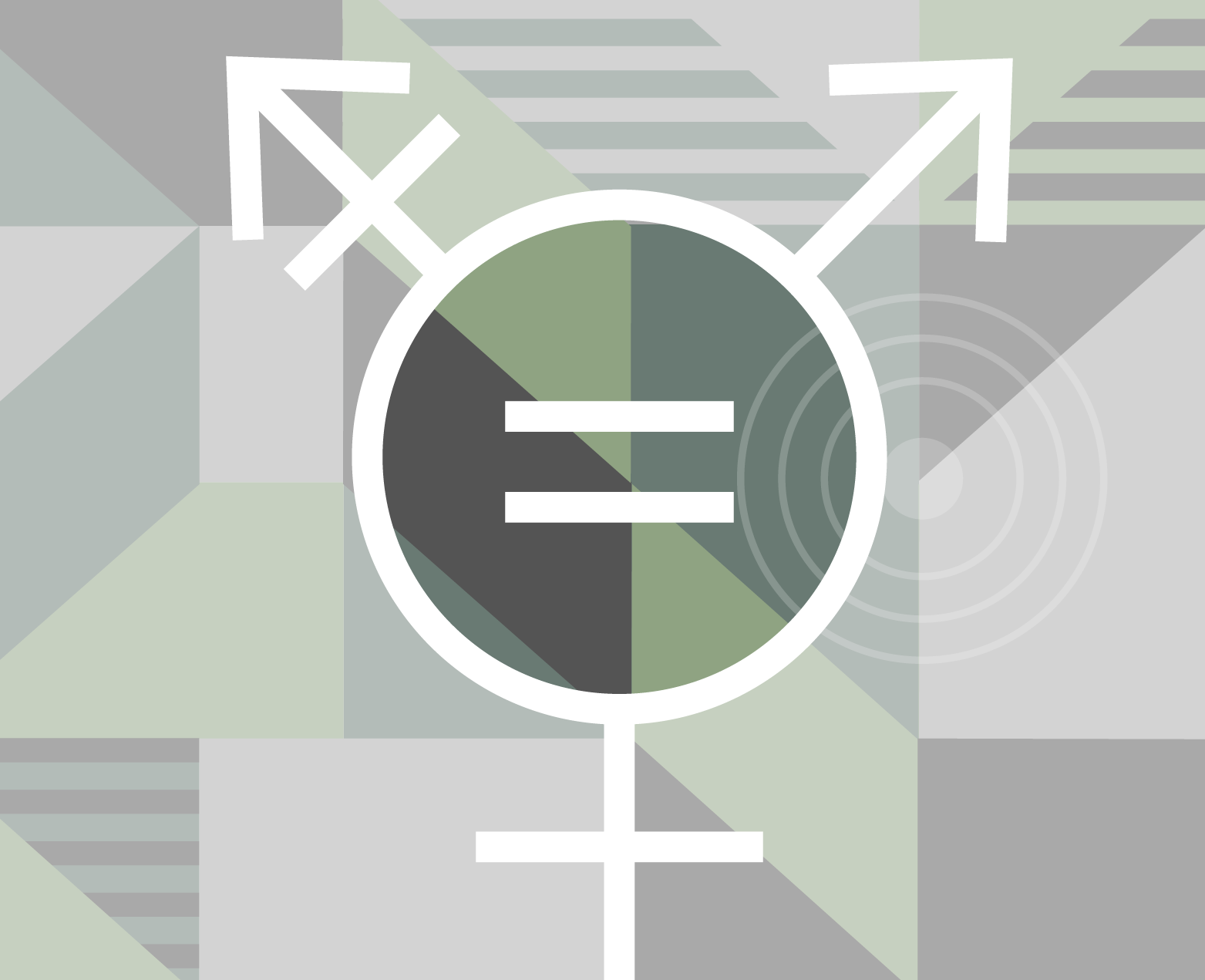
Image: © Eurac Research / Chiara Mariz
Minorities – Gender & Diversity – Intersectionality
Like most modern societies, South Tyrol is also becoming increasingly heterogeneous. Against the backdrop of multilingualism, cohabitation of the three language groups, and the associated experiences of heterogeneity, other dimensions of diversity are becoming more visible such as gender in discourses on equality and role expectations, LGBTQIA+ initialism/identities s in regard to sexual orientation and gender (identities) beyond a binary understanding, disability in terms of accessibility and inclusion, aging societies and demographic change as well as the evolution of language and culture through migratory movements.
We are investigating this increased societal diversity in the context of South Tyrol’s minority context, focusing on developments in the digital space and social media, the evolving definition of the term minority, and the concept of intersectionality, which describes the overlapping of different dimensions of diversity. Within the framework of cross-center and cross-institute research groups such as Gender Dynamics and Migrations and Diversities, we engage in the interdisciplinary analysis of gender, diversity, and intersectionality.
News
Gangwon Delegation Visits South Tyrol
Women’s, Gender, and Queer History in South Tyrol – international developments and local perspectives
Queer Visibility and Activism in South Tyrol: A Conversation with Kae and Adele
History

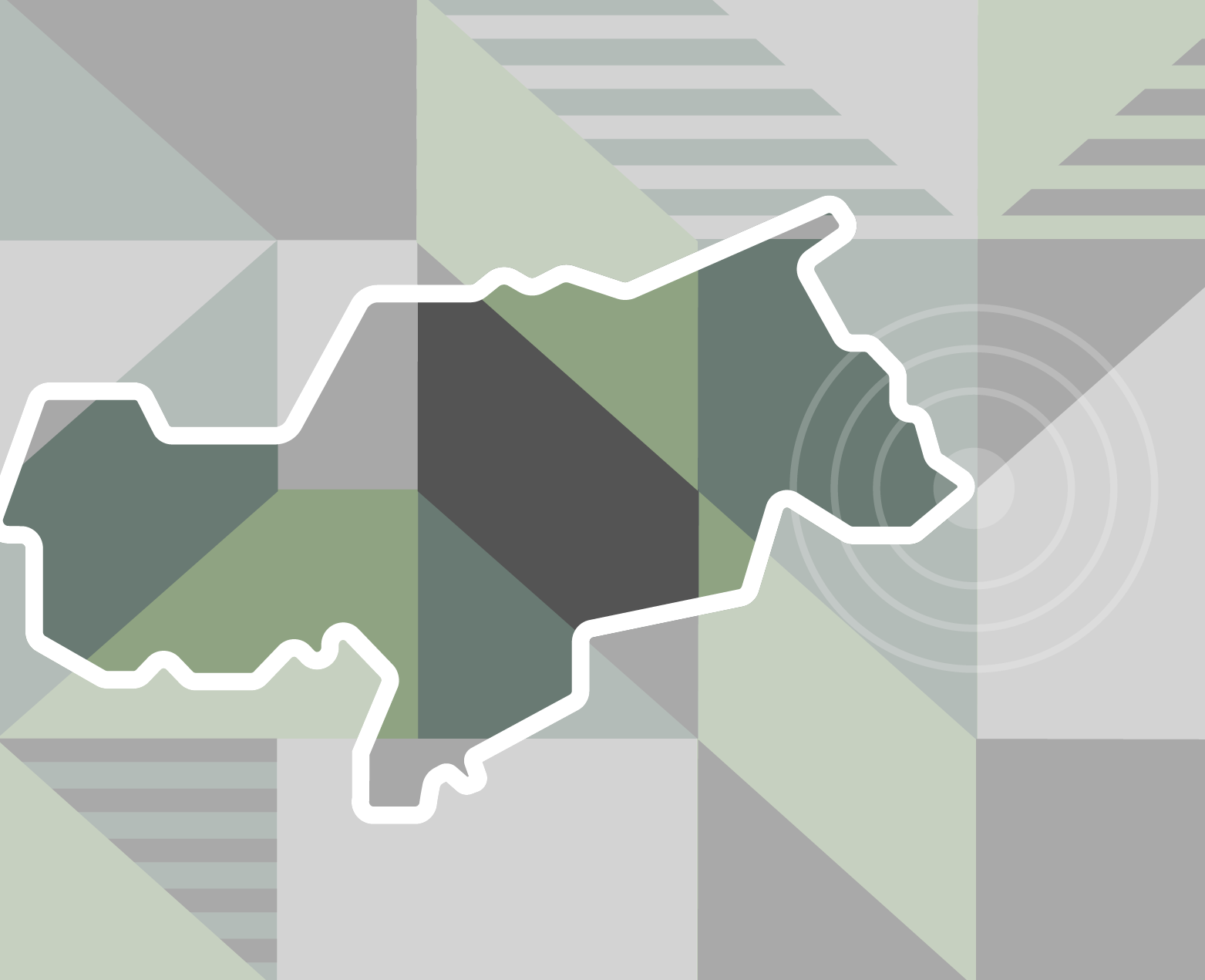
Image: © Eurac Research / Chiara Mariz
History of the autonomy of South Tyrol and minorities in historical comparison
“Reality is formed only by memory”, Marcel Proust said. And South Tyrol’s recent past is complex, with a collective memory both contradictory and ethnically fragmented. What applies to the monuments of Fascism also applies to other areas of history, including those of autonomy: did the narratives surrounding the introduction of the Second Autonomy Statute in 1972 create unnecessary privileges in terms of proportional representation and proof of bilingualism for one linguistic group and institutionalize divisive ethnic lines between the linguistic groups in the province? Or did it replace an already existing but weak autonomy with a necessary renewal, the achievements of which we still draw on today? In collaboration with other Eurac Research and international institutes ,we are addressing these cultures of memory in publications, conferences and historical city tours with international delegations.
This “founding period” of autonomy is another focus of our interest: Who invented it? The much-cited power-sharing of the autonomy statute, according to which several groups share political and economic power according to agreed rules, has proved to be a conflict-solving mechanism in the South Tyrolean question but which post-war ideas influenced this political model – and the legal design of autonomy as a whole?
Finally, a historical comparison with other minorities and autonomies around the world sharpens the eye for certain peculiarities or similarities that many border and minority regions have in their history.
News
Jewish life before the catastrophe
Webinar on the Middle East Conflict
Webinar on Israel
Media


Image: © Eurac Research / Chiara Mariz
Minority language media in transition
The media contributes to the formation of an informed and democratic society. In the context of linguistic minorities, the media also fulfils other important functions. Minority language media (MLM) often provides the only local information in a particular minority language and as such contributes to the maintenance of that language. MLM also gives minorities visibility, strengthens the sense of belonging to a community, reflects cultural diversity and is an important part of the local economy. However, the environment in which MLM operates is characterized by a scarcity of resources, pressure to adapt technologically and constant competition from mainstream media.
The Center for Autonomy Experience is the headquarters of the European Association of Minority and Regional Language Daily Newspapers (MIDAS). The statute of MIDAS includes research in the field of MLM as one of the association’s tasks. The Center fulfils this role by providing academic support for the activities of MIDAS. Our research focuses on traditional media in Europe. Through comparative analysis, we aim to highlight the particularities and differences of different MLM contexts. We also focus on how MLM deals with current challenges. Close links with MIDAS make us a point of contact for those who would like to do research on the work of MIDAS’s daily publications.
News
South Tyrol and cross-border broadcasting: from illegal antennas to a streaming app
Villa Vigoni workshop recap: Exploring the digital transition for minority language media
PLURILINGMEDIA: A new research network around minority language media
Research Visits


Photo: Adobe Stock / Jacob Lund
Are you a researcher interested in the Autonomy of South Tyrol or minority protection and are you planning a study visit in South Tyrol?
Autonomy Experience provides experts and students with an insight into the current state of research by connecting you with leading experts in the areas of minority rights and autonomy studies. We’re here to help you organise a study visit at Eurac Research.
